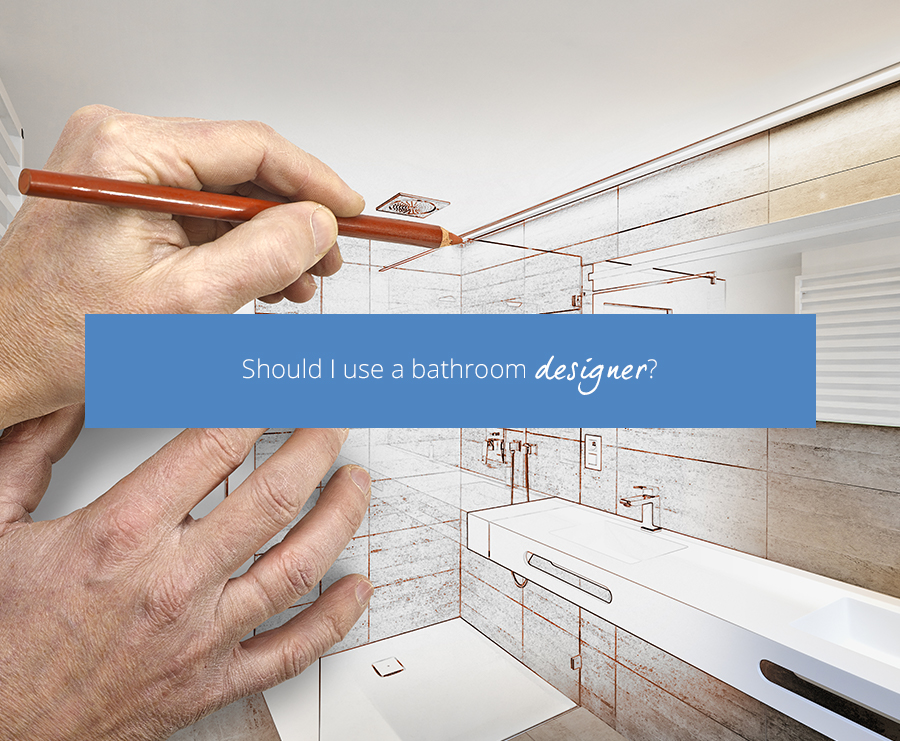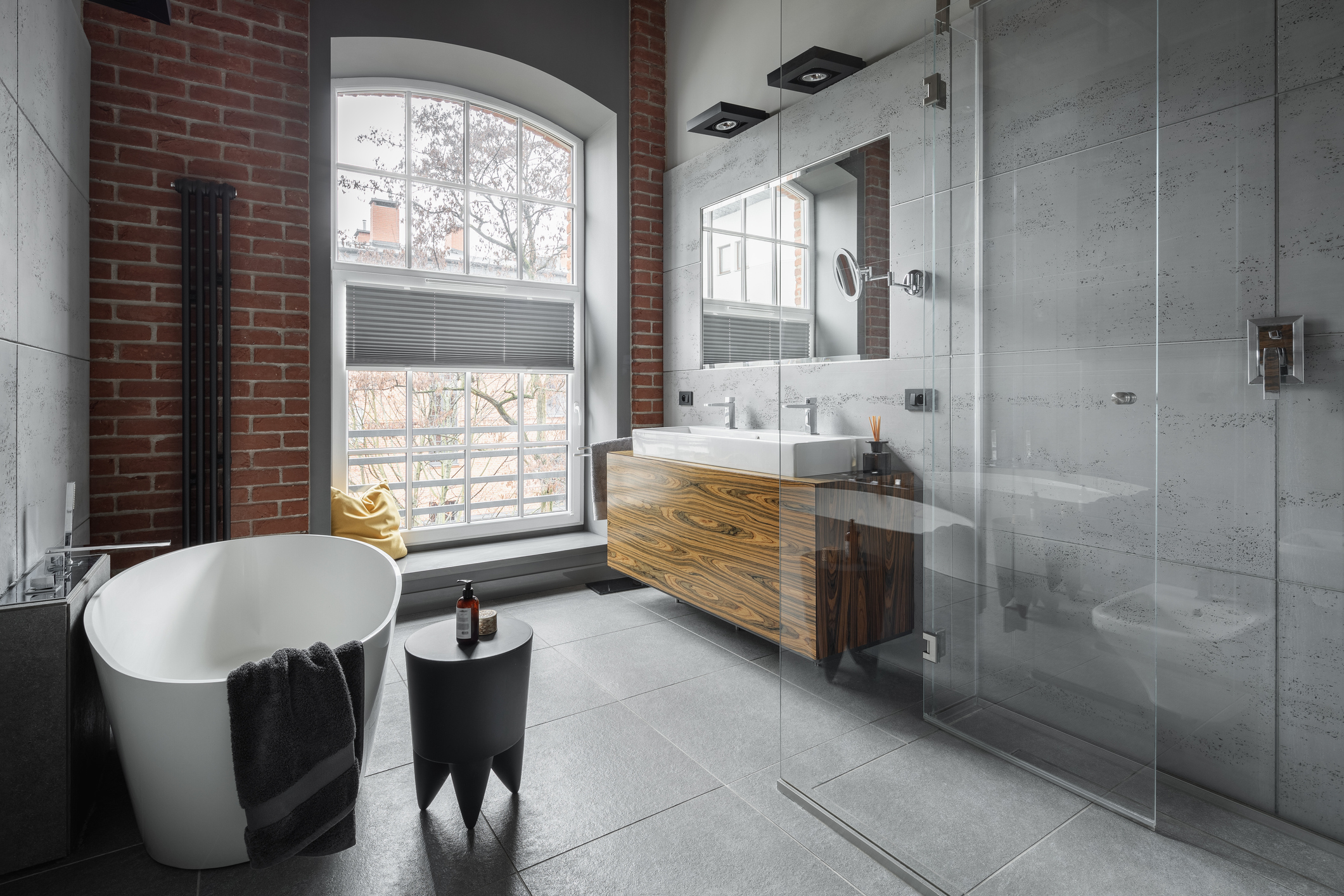Should I use a bathroom designer?
The time has come to plan your new bathroom. The question is, where to begin?
The first phase is the design of your bathroom and there are plenty of options available - design your own scheme online or visit an independent or high street bathroom retailer or showroom. It’s easy to think that designing a bathroom isn’t particularly difficult. If it’s a case of simply replacing sanitaryware items, then there really is little need for a designer to get involved. More than that? Then it’s definitely worth considering.

Independent bathroom retailers generally have designers as an integral part of their team. Likewise, designers can be found working as part of the bathroom department team within a high street retailer.
What is a bathroom designer?
A bathroom designer designs the most efficient scheme to meet the needs of the client. Whilst bathroom designers don’t need to have any official qualifications, many have a background in interior design, have experience in installation or are self-taught. Before making any decision, obtain three independent like-for-like quotes, meet the individuals concerned, and double check credentials before deciding who to work with.
What does a bathroom designer do?
A bathroom designer’s job is to make sure that your dream is turned into a reality – whether that is a highly practical family room with plenty of storage, a sanctuary to relax and unwind in or making the most of a small ensuite. Combining creativity and technical knowledge, they are skilled at getting the most out of your space while helping you make your budget go as far as possible.

Detailed early conversations allow designers to ask key questions which help you determine what you do and don’t like. It’s also the opportunity to point out any must-haves and be honest about budget. Make sure you provide as many measurements as you can and as much information as possible about plumbing, sinks, radiators, windows etc.
Based on more exact measurements, rough sketches will be presented and approved before full concept designs are drawn up which include the exact positioning of sanitaryware, fixtures, and fittings. Nothing is finalised at this stage so there is still time to change your mind and make amends. Often several different schemes can be presented before the final concept is approved.

Once the layout is agreed, the designer will then draw up a project time plan detailing what is needed, both in terms of materials and labour and the budget should also be reviewed again. At this point, their role shifts into a more administrative one keeping an eye on all the timings, ordering and deliveries. If the bathroom designer works for a company, they will often have their own team of installers, joiners etc. If they are freelance, they will either call upon or recommend preferred trades people or manufacturers.
Why use a bathroom designer?
Bathroom designers are experts in finding clever solutions which is key when working with smaller spaces. They have good contacts across the trades and have plenty of design tricks up their sleeve as well as being able to propose everything from showerheads to lighting, space saving vanity units to finishing touches.
Most importantly water and electricity do not mix – so part of the designer’s role is to make sure that every aspect works well and is safe to use. This is especially important when it comes to lighting, knowing which type to use and how close they can be placed to water
Using a bathroom designer doesn’t necessarily have to cost a lot. Those that work for independent or high street bathroom retailers or showrooms generally include design as part of the final cost and so you won’t have to pay extra. However, freelance, or independent designers might change by the hour or charge a percentage of the full project cost – so ensure you clarify this and ask for an estimate up front.

The Compare Network
Copyright – Insight Retail Group Ltd 2025 All rights reserved